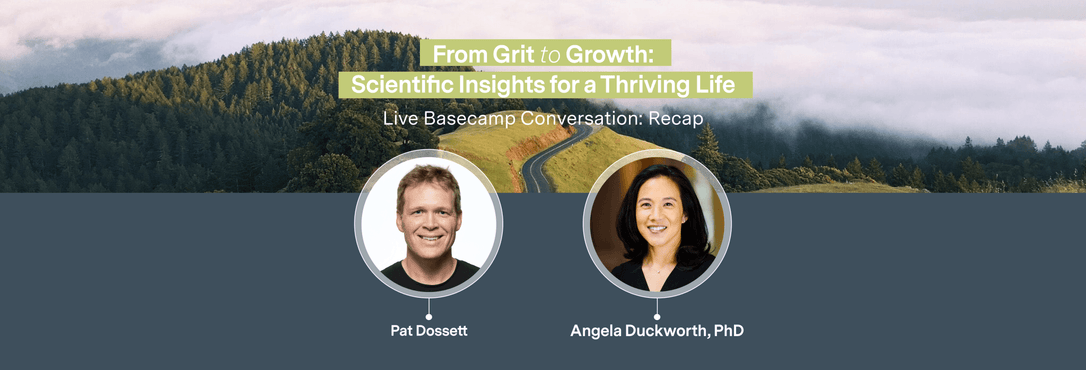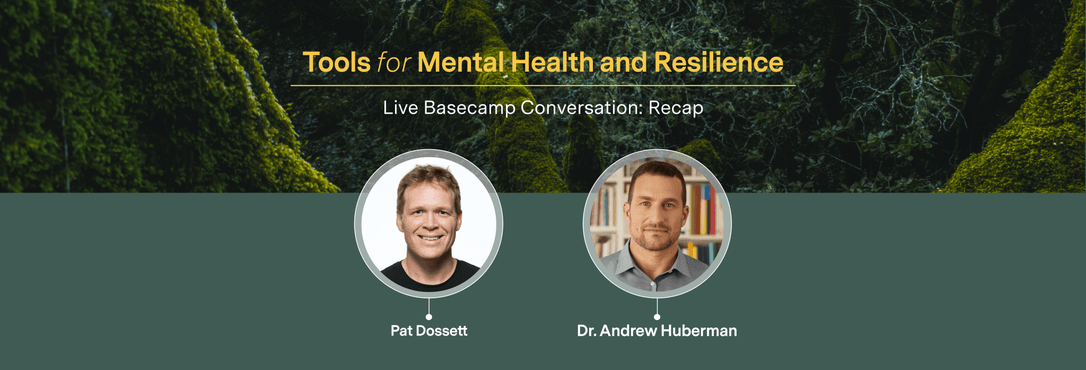The stress of COVID isn’t going away anytime soon. But don’t let it stop you from living your best life! Use these three neuroscience-backed tips for changing your mindset and overcoming COVID stress.
Tip 1: When you feel overwhelmed, move the finish line.
It’s easy to feel overwhelmed in life, much less life during a pandemic. We step into more and more roles to “keep it moving,” and challenges just seem to get bigger and less manageable. It’s completely normal to feel this way, physiological even.
The frontal cortex is the region of the brain responsible for planning and action. When you’re feeling overwhelmed by a large task or challenge, you hyper load the frontal cortex which then makes it hard to execute an effective plan, and also causes panic to flood the body. When you reduce the large task into smaller, manageable tasks, you allow the brain to focus on one at a time, reducing frontal cortex load and lowering anxiety. This then restores access to the brain circuits that design and execute plans.
Take Action: Break your big task into smaller parts that you know you can complete. Start with one thing you know you can get done in under five or ten minutes. Once you cross that one off, choose your next to continue whittling down that insurmountable mountain into a manageable molehill.
Tip 2: When you feel powerless, take action.
Felt powerless over the last almost two years? The kids could be back home for school any moment, you’re still sharing a work-home environment with your partner, and who knows if there will be toilet paper on your next grocery run. It makes total sense if you have felt that way since feeling powerless comes from a lack of perceived control.
Dopamine, the hormone well-known for its role in our reward and pleasure centers, also enhances our energy levels and sense of possibility. When we feel a loss of control, our bodies inhibit dopamine release leading to a greater sense of powerlessness. When this happens, the only way to back it all up is to persevere and take action. When you take action, you train your brain to release dopamine again and realign the truth behind what you can control (and it’s often more than you think).
Take Action: Re-engage your reward system by reframing what you feel powerless about and taking an action step. For instance, your new close work quarters can afford you and your partner a 15-minute coffee break or walk together that you wouldn’t have been able to enjoy during the workweek in the “before days.”
Tip 3: When you feel alone, support someone else.
When the pandemic began, a little time alone wasn’t so bad at first. As it dragged into weeks, months, and now years, feeling alone and isolated can take a heavy mental toll. We are in our own orbit more than our brain can handle, so when you are feeling alone reach out to someone else.
From a neurological perspective, reaching out to someone else who is feeling isolated forges both psychological and chemical bonds to another person. Those chemicals, oxytocin and serotonin, positively change our brain’s assessment of self and our place in the world. They also inhibit the release of chemicals that promote fear and impair immunity.
Take Action: Call, email, text, or even write a letter to a friend or family member you think may be struggling or feeling a little isolated. You can also still respect COVID rules by dropping off a meal or cookies or scheduling a walk outside together. Cook together or watch a movie virtually. With technology, the opportunities are endless!
Interested in learning more about improving your life in just 10 minutes each day? Acquire the tools for developing a healthier and more resilient mindset with Madefor: Join now!



